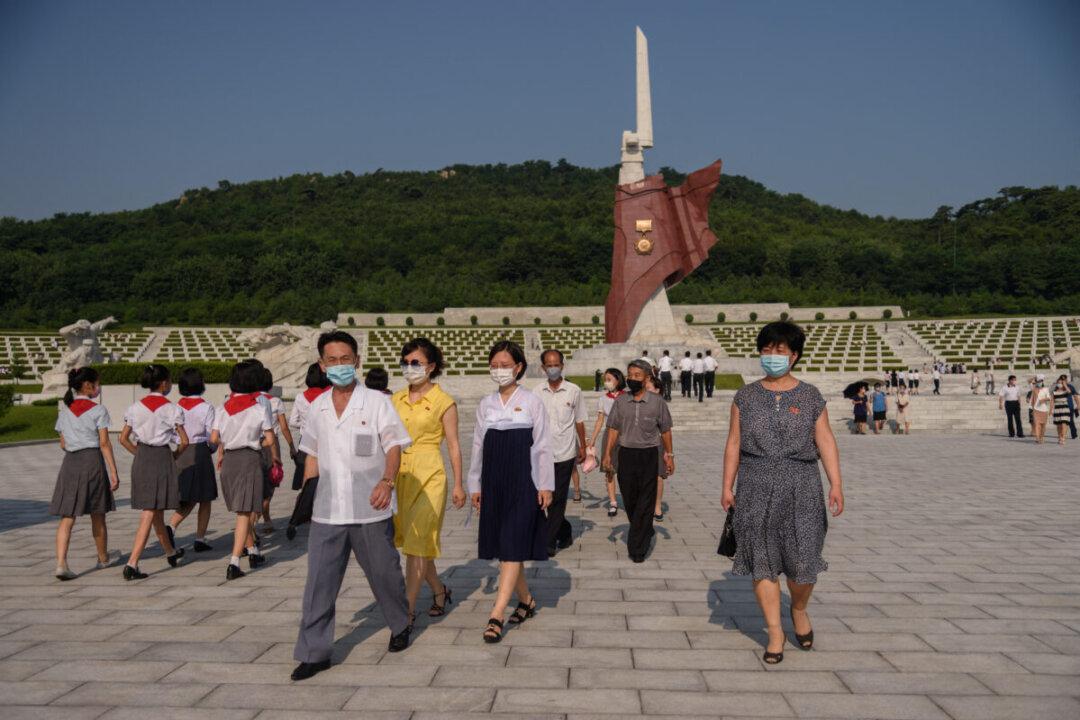After more than a year, South and North Korea reopened the cross-border hotline on July 27. Both sides say they hope to improve ties through the communication channel. However, several members of the South Korean opposition party are concerned that North Korea will use this opportunity to influence the 2022 presidential election.
South Korean President Moon Jae-in and North Korean leader Kim Jong-un have been exchanging personal letters since April this year. As a result, both sides agreed to restore the inter-Korean hotline, Seoul’s presidential Blue House announced on July 27.





